What do caffeine and psilocybin have in common?
They are both psychoactive substances. One of them is significantly addictive, accepted by societies worldwide despite its potential level of toxicity.
The other of the two is also psychoactive, non-addictive, non-toxic, and deeply stigmatized in most countries worldwide.
In this article, we will go through what each of these substances is, their history, and how they affect us.
Once their distinctions have been made, we will consider their effects when taken together, if they should even be taken together, and lastly some potential protocols to experiment with, in the light of limited medical research.
Caffeine
Caffeine is the most widely consumed psychostimulant worldwide. So much so that most work environments allow for coffee breaks with the aim of maximizing productivity and output from its workers.
Encouraged and available at every street corner and cheap hotel, caffeine is as commonplace as bread and honey.
A typically difficult plant to grow, once the fruits were roasted by the Turkish, humans were hooked. A Persian physician Avicenna even called it ‘The Canon of Medicine’, all the way back in 1025. Once shipping had expanded in the 18th century, so did the prevalence of coffee throughout the world. From soldiers on the battlefield to Sufi Whirling dervishes and especially intellectuals.
This simple roasted fruit not only pleases the human senses but also affects our bodies in very important ways.
Caffeine blocks adenosine receptors which increase dopamine, noradrenaline, and glutamate, it impacts our cardiovascular system and central nervous system. It can greatly reduce the effects of Alzheimer’s and/or dementia later in life. It has even been considered beneficial for certain cancers like bladder, colon, or pancreatic.
Seemingly a powerful and beneficial supplement, caffeine is a blessing on so many levels, until the day you stop.
There is no headache like a caffeine headache. It hooks into our nervous system, cardiovascular system, and dopamine levels and is real and difficult to detox from. Watch Michael Pollan talk about how challenging his caffeine detox was for him, he wanted to really understand how it affected him by removing it from his life for 3 months.
Psilocybin
Psilocybin was first introduced to the west by Maria Sabina, also known as the Priestess of Mushrooms. An American ethnobotanist named Wasson, deeply fascinated by hallucinogenic plants, visited Maria at her home in Sierra de Oaxaca, Mexico in 1955.

She performed several vigils with the fungi for Dr. Wasson and then described those experiences in his book ‘The Wondrous Mushroom’. Also around that same time, Life Magazine published his essay ‘I ate the sacred mushroom’ and the world was utterly captivated.
Since then the history of psilocybin has been complicated, layered, and contradictory. From wild curiosity to an outright ban, psychedelic mushrooms continue to be mysterious and deeply misunderstood.
Despite it being a class 1 drug in most countries, psilocybin is a non-toxic and non-addictive substance. It promotes neuroplasticity, boosts serotonin production, and impacts different serotonin receptors than conventional SSRIs.
The national library of medicine says:
“Of all psychedelic drugs, psilocybin is reported to have the most favourable safety profile [13]. Despite the lack of studies investigating the comparative efficacies of psilocybin and psychedelic drugs for the treatment of mood and anxiety disorders, the vast evidence-based data that exist for psilocybin alone suggest that psilocybin may be the most efficacious psychedelic drug for treating such disorders.”
From the darling of society to the outcast, coffee and psilocybin are polar opposites….with the occasional overlaps.
They both improve cognition, affect mood and alter our sense of perception. Caffeine has been endlessly discussed and conversely. Psilocybin is greatly under-researched therefore their combined effects are medically unknown.
Microdosing and coffee
So what happens when these two substances are taken together?
What can we expect to feel or experience? Is it a good idea to combine our microdosing routine with our morning coffee? Or should we keep these two substances separate?
A lot about microdosing psilocybin is based on personal experience.
Each of us is an ecosystem that is only really fully known by us. How psychoactive mushrooms affect us versus how they affect others cannot be a precise prediction. For those of us that are older, we might even notice how caffeine affects us differently at different ages and stages of life.
Caffeine is a stimulant and psilocybin is considered by some to feel more alert. Caffeine can also induce anxiety in some as is the same with psilocybin.
Microdosing with a coffee after a morning run might be just the thing you need to write the speech or design a project strategy. These two substances are potent and effective and to be used with care. For those that are prone to anxiety and look to psilocybin as a potential remedy, it is then advisable to remove coffee from your life. Drinking coffee is likely to exacerbate the feeling of anxiety which can be quite distracting and unpleasant.
Last consideration for you to ponder; because caffeine and psilocybin are psychoactives that means they are both impacting the brain significantly.
We do not medically know exactly how or why these two affect us when consumed together, but it is worth mentioning that we often hear from our microdosing community that psilocybin works better on their brains when not drinking coffee, which in itself is a separate metric than anxiety management. Again, experiment for yourself and see what works better for you and your body at this particular stage in your life.
Functional mushrooms
Mushroom coffees are becoming very popular in the health industry. Products range from the caffeine-free functional mushroom-based coffee replacement drink to the drinks that combine caffeine with functional mushrooms.
It’s worth mentioning that functional mushrooms are NOT psychoactive but deeply beneficial. Some are nootropic, others are medicinal, and a few have contra-indications with pharmaceutical medicines, all very beneficial to the human body in their own right.
For the purposes of this article, we have focused specifically on psilocybin and caffeine. In a later post, we will discuss functional mushrooms and coffee in order to learn more about their unique properties.
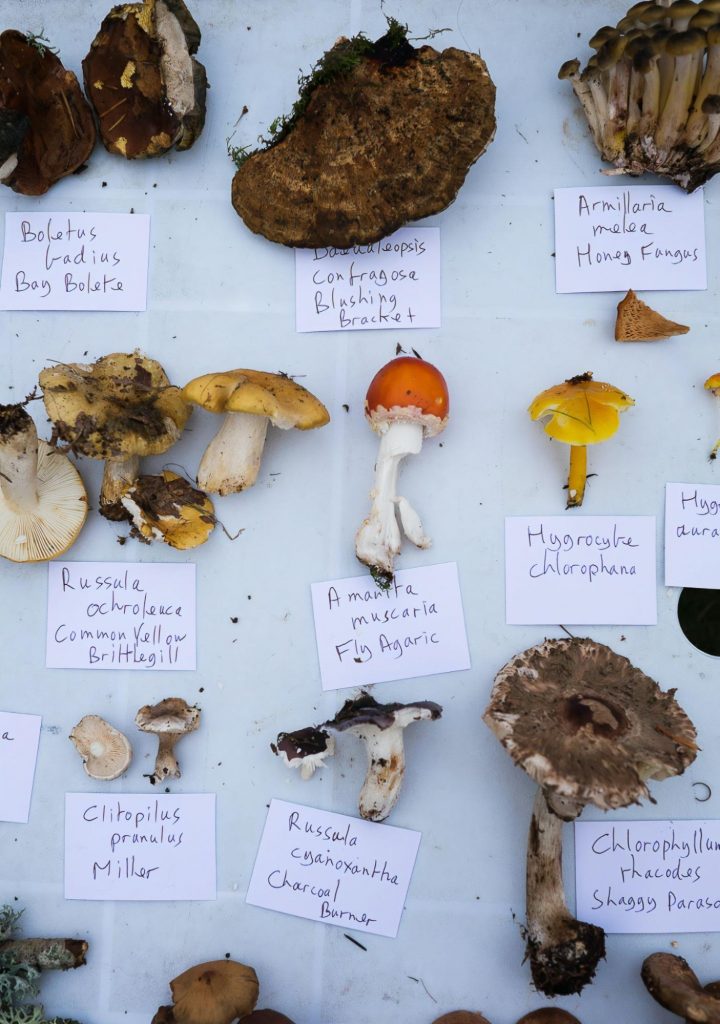
What we always suggest is that you is this: do what is right for you, define your markers for success, journal/track your progress, adjust to suit, and report back.
As always,
Shine bright. Do good. Flow strong.
Asha✨
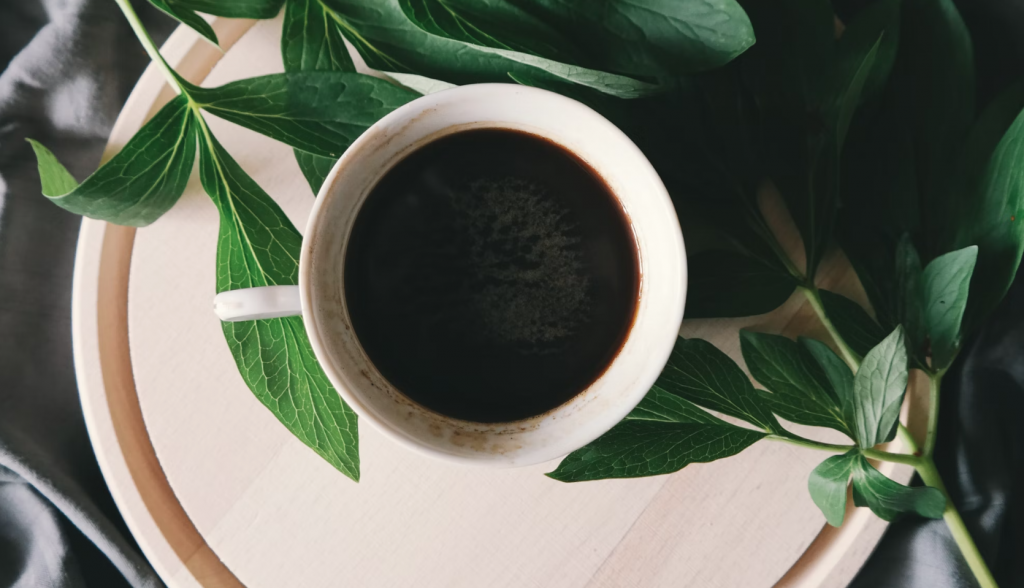
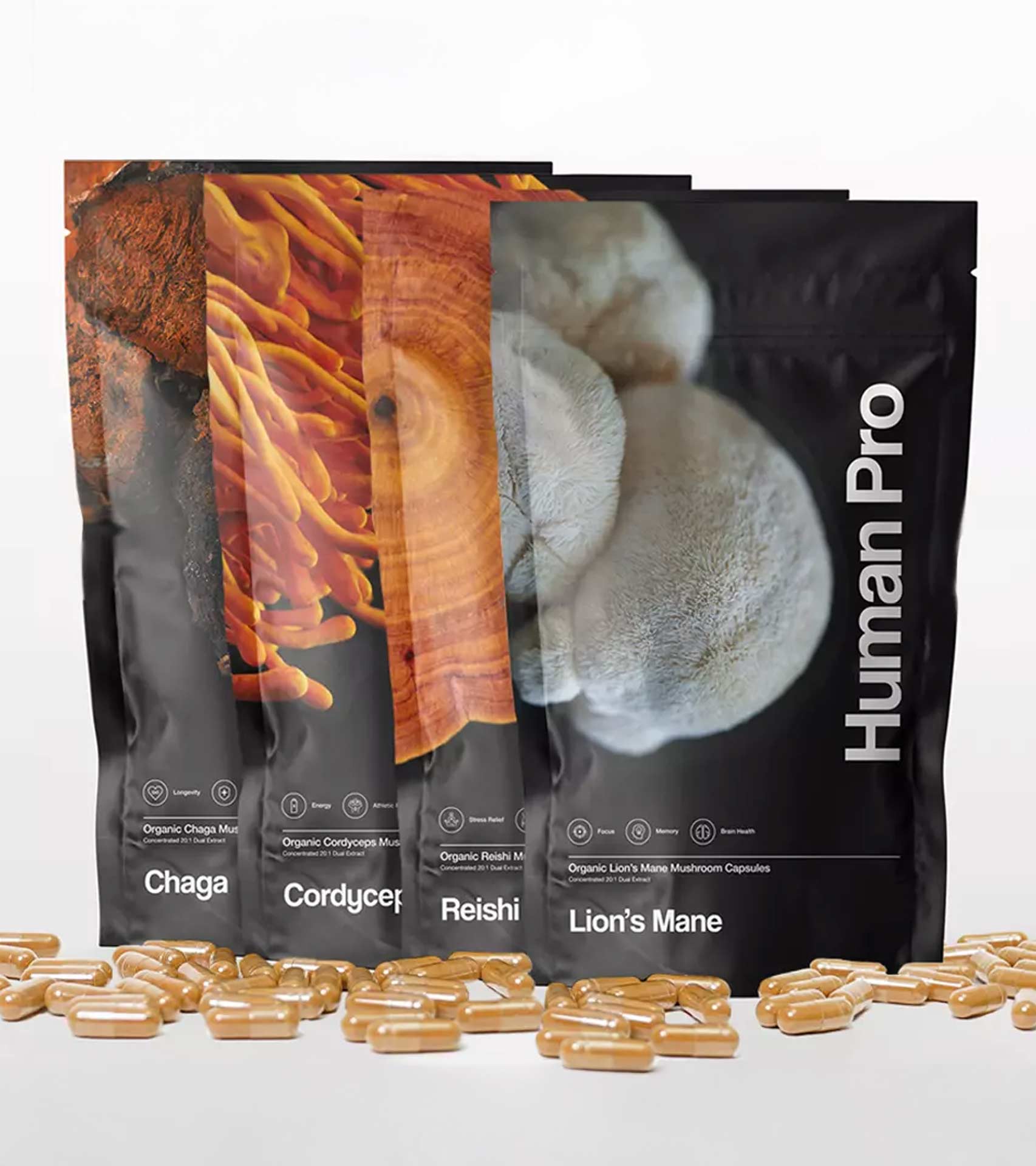
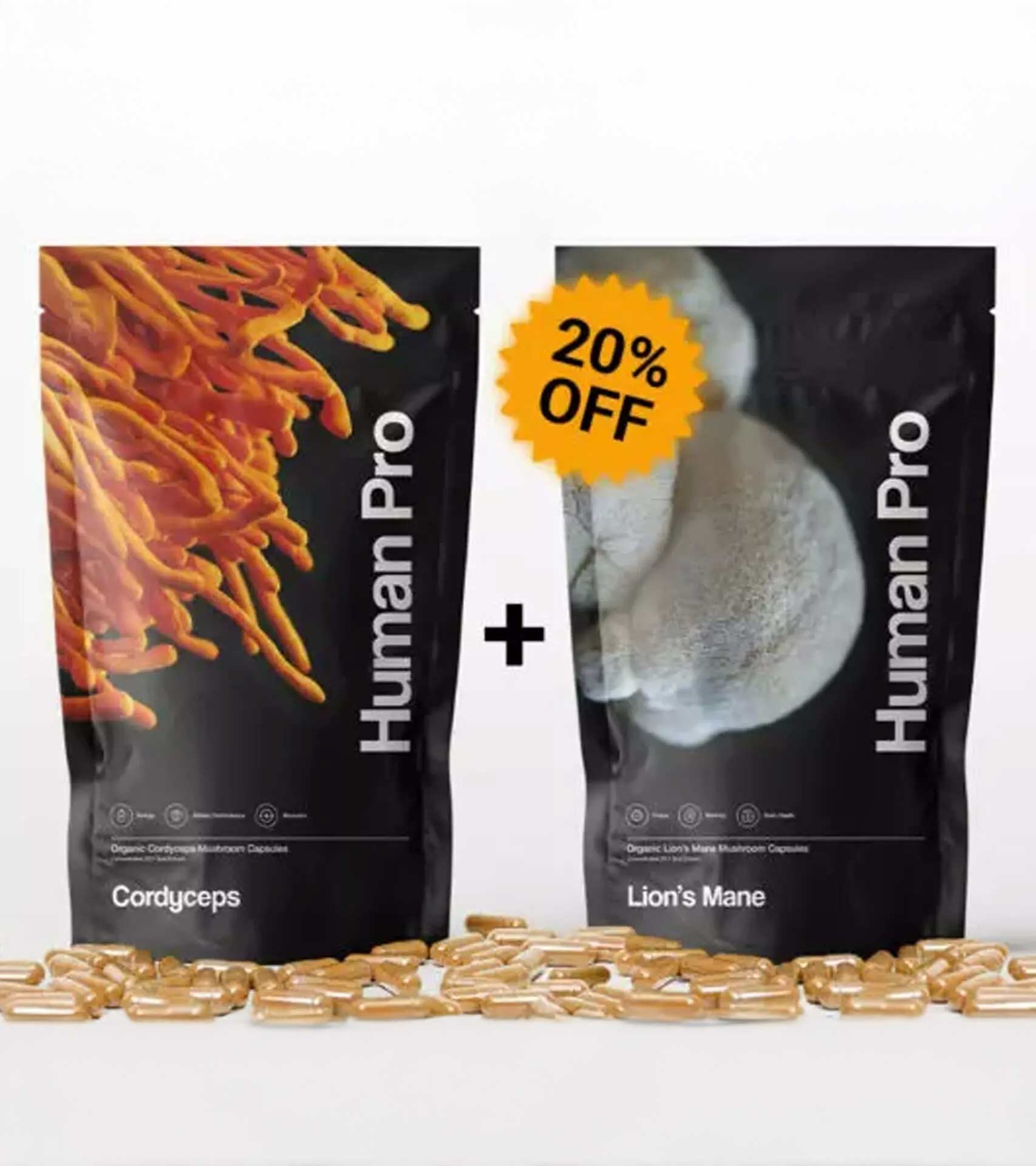
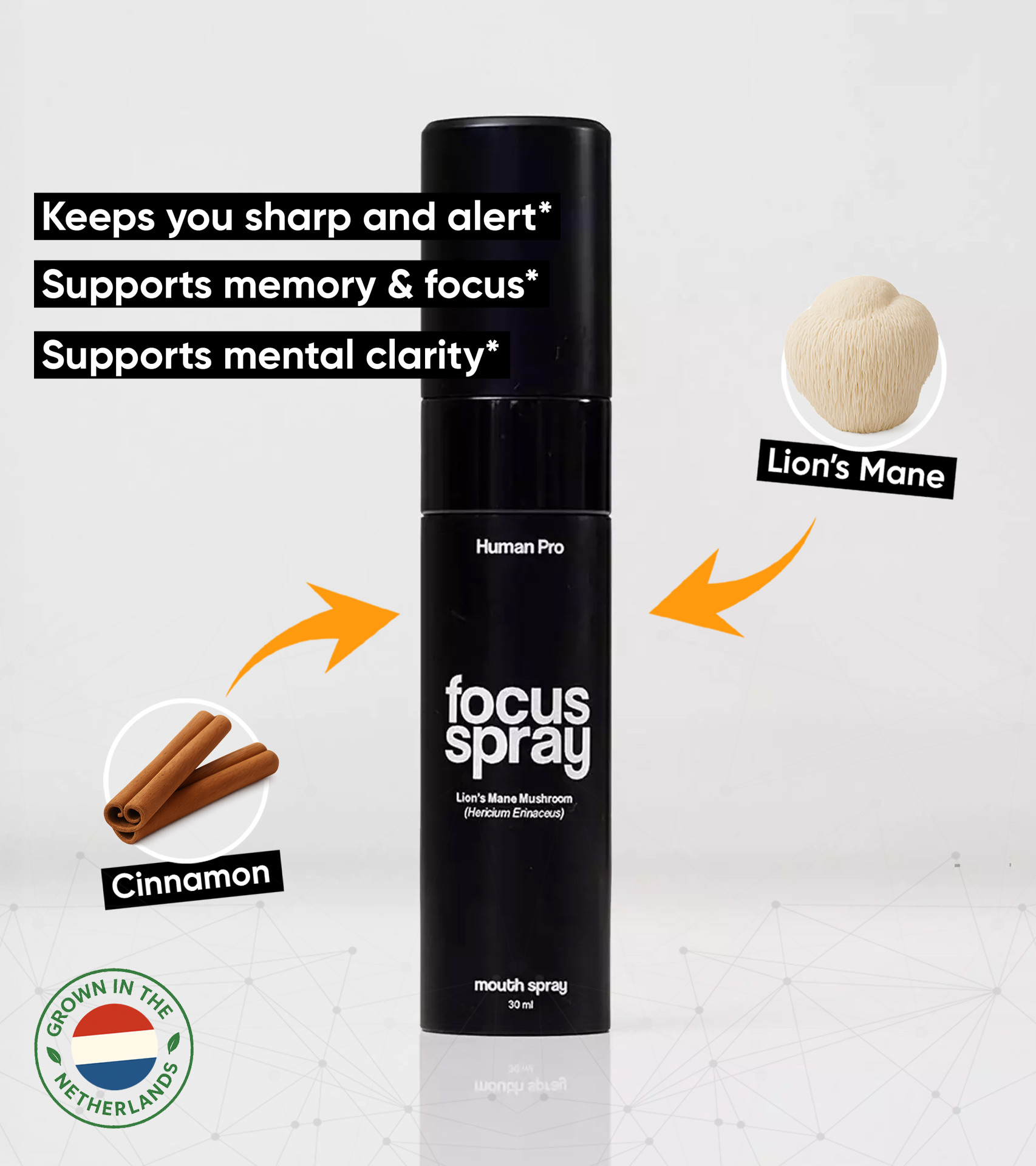
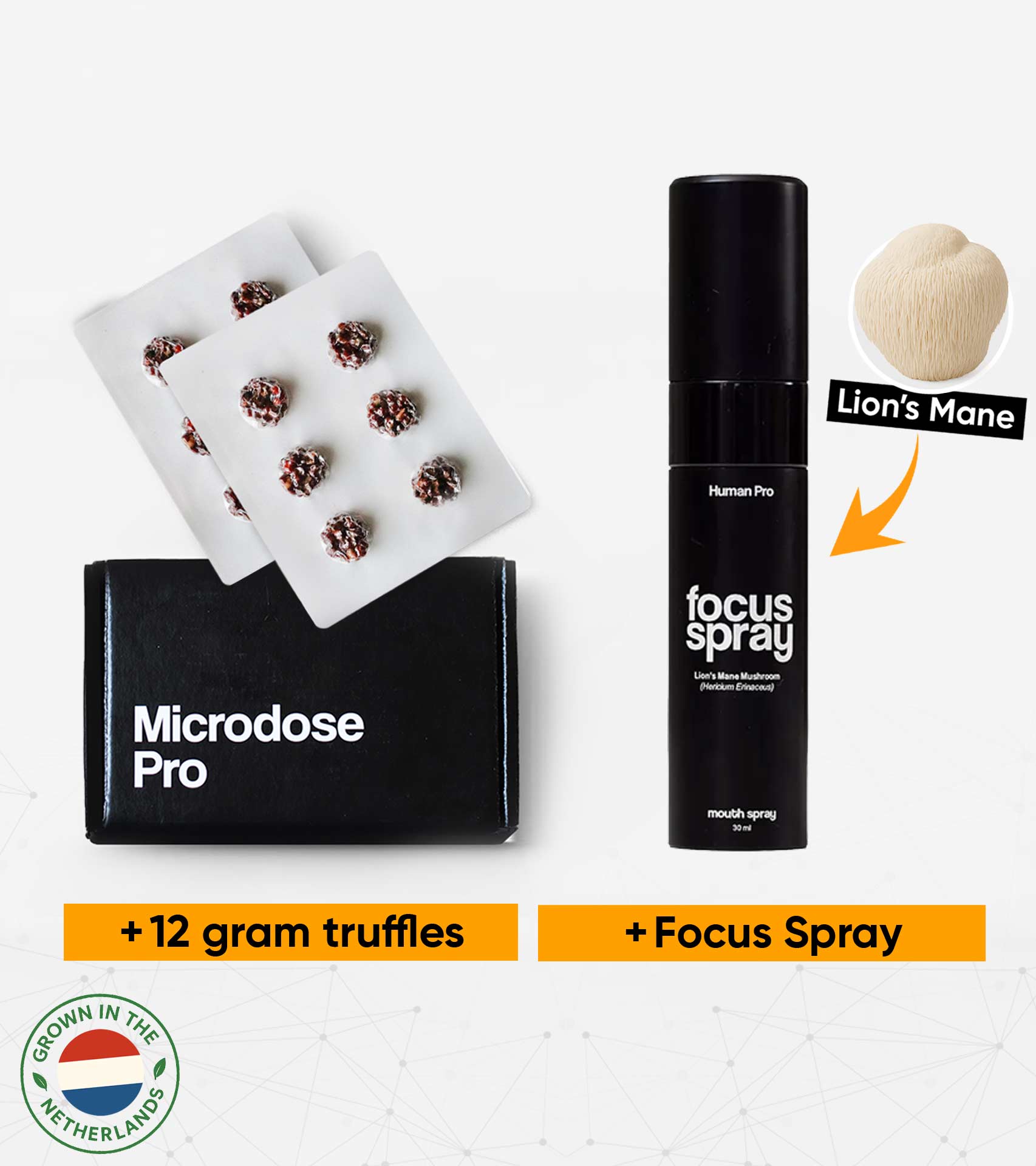
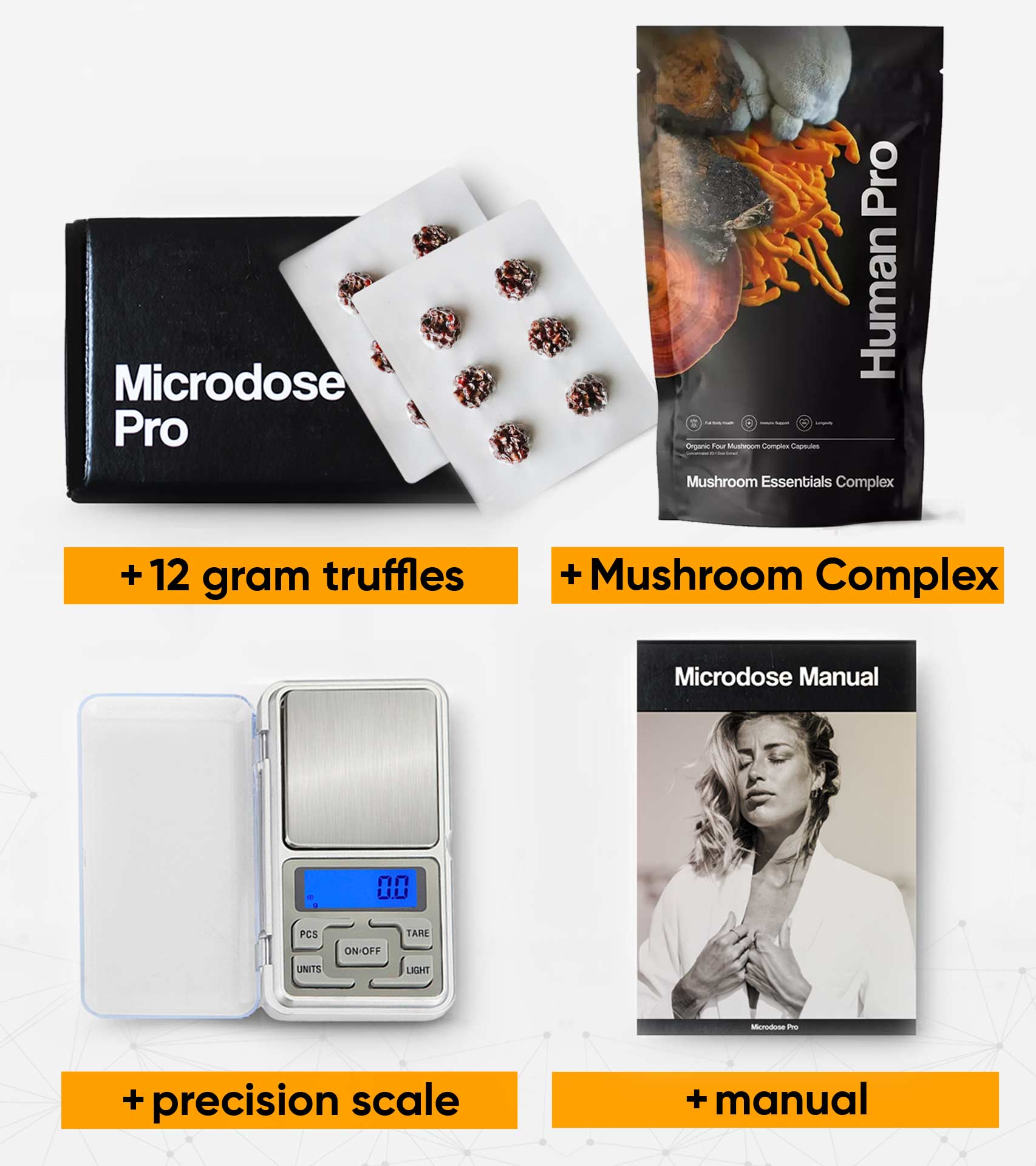

19 Comments. Leave new
Hi Asha, great to speak to you :).
For a Macro Dose of 2-2.5 grams, do you need to go off caffeine?
Thank you!
Hi Alejandro!
Caffeine is a nootropic and does have an effect on our brains so yes it would be ideal to avoid it for approximately 3 days prior.
Technically a macrodose is more than 3grams and 2 – 2.5 grams is considered more of a strong recreational dose.
Have you read my articles on larger doses? You might find this one interesting: https://www.microdose-pro.com/the-case-against-peak-experiences/
Keep me posted on your experience!
Asha ✨
Hi there 🙂
After my first low dose of truffles I lowered my caffeine intake but not out of conscious choice, I just didn’t feel the need to drink coffee (well, at least not for the purpose of getting that energetic kick). I do have to say though that I just love the taste and the whole experience of making and drinking a cup of coffee so I switched to decaf. I am currently microdosing truffles with 0.5g and am trying to find answers if decaf coffee does have any effect on the microdosing and should also be avoided? I imagine that even decaf coffee might still contain a bit of caffeine, no?
Hello Jana,
Thank you so much for your question. There is no contra-indication between caffeine and microdosing, per se. As you mention, many have noticed that the desire for caffeine has reduced and/or they are more jittery than usual while microdosing.
So to answer your question, you may absolutely enjoy a cup of decaf and there will not be any detrimental effect. We must remember that both microdosing and caffeine are nootropic and great for the brain, strange but true!
Also, if you are looking for a coffee alternative, perhaps try this recipe:
Open 4 or 6 capsules of Mushroom Essential Complex capsules
Put the powder in a mug
Add cinnamon, vanilla, honey and milk of choice + hot water
Voila! An epic warm creamy drink that is caffeine free and packed with ONLY superfoods
✨✨✨
Hello,
I have been micro dosing 3 times with 0,5g and every time I felt super tired and had a 2 hours nap in the middle of the day. Is this commun for other users ?
Thanks
Cheers
Hi Liets,
This can happen if our overall quality of sleep is sub-optimal.
I would recommend including Yoga Nidra as part of your daily practice. Either first thing in the morning, as an afternoon nap or listening just before falling asleep at night will greatly increase your quality of sleep and therefore your dose will not induce the fatigue you are experiencing.
Also, you are welcome to drop your dose from 0.5 to perhaps 0.35…a lower dosage may also reduce the feeling of fatigue.
Nonetheless, better quality sleep is ideal for us all and I enthusiastically recommend Yoga Nidra. It’s available on youtube or as a podcast. Totally free and accessible to all.
Hope this helps, keep me updated 💫
O.5 isn’t a microdose lol a true microdose is 0.1 – 0.2
Hi Ashley,
That depends on what type of fungi you are using.
Truffles have much less potency than magic mushies from a grow kit.
When it comes to Golden Teachers from a grow kit, the microdose range is between 0.1gm and 0.3gm due to their higher potency.
Conversely, for fresh truffles the microdose range is between 0.1gm and 1.5gm.
Correct
Hello, I am a 30 year old male and have experienced microdosing a couple times. The last time however it was a bad experience. I microdosed with .3 mg on an empty stomach in the morning with a super strong cup of coffee in may of 2021 and I became very anxious and felt depersonalized and out of my body. I already had a history of panic attacks and anxiety. I became very hyperware of my body and my anxiety became worse after that. Is it possible that that experience did something to my brain or is it simply me having anxiety? Not too much info online about this stuff so I figure I’d ask here. I have improved since this incident but I am so fed up with feeling so hyperaware and anxious all the time.
Hi Josh,
Yes, we often mention that if you are prone to anxiety, coffee and psilocybin can make it worse.
Are you able to try some coffee alternatives or even decaf?
Alternatively, have you heard of the Physiological Sigh technique for anxiety? Dr. Andrew Huberman has a few videos online about it and it’s very quick and effective.
Try it out and let us know?
I’m ready to begin my very first dose tomorrow the day before I turn 65. I’m fairly healthy, but works like to be happier, drink less wine (2 glasses with supper) and help with mild PTSD from years past. I drink Ganoderma coffee (15mg caffeine) very watered down and wondered if that will still effect microdosing psilocybin?
Also, do I have to stop the coffee and wine all together, or just the day I’m microdosing?
Hi Sherri,
I would not say that you ‘must’ stop drinking coffee or wine, but you may notice the desire to do so decrease easily. Having said that, if you are feeling particularly anxious while microdosing, then removing caffeine from your diet may be helpful.
Keep us posted on your progress,
Asha
I microfosed 0.3 mgms / day micro powdered and dissolved capsule in cinnamon tea
Half in the morning
Half in the afternoon
3-4 days a d stop
3 days
My mind is more open
Long forgotten memories surfaced
But if there’s no intent of introspection but just day stress I find it can work both ways
Stress is ok
But being mindful also
Took
It with coffee and my blood pressure – got which intake a beta blocker- went higher than normal
Like 160/100
So no coffee any more
Hi JR,
Yes, it is probably a good idea to cut back on the coffee in your case, and also be sure to let your doctor know about your microdosing protocol.
Keep us posted,
Asha
Hi Bruce,
You mention that there were no symptoms on day 1 or 2 but you also say that you are ‘still’ feeling stomach cramps. Can you recall when the cramps began exactly?
Truffles, especially at such low doses, do not typically cause stomach cramps so I am not sure what could have triggered this discomfort for you.
How have you been feeling since you posted the comment?
I microdosed for the first time 3 Days ago and am still am getting stomach cramps. Will this continue if I microdose?
I had no side effects on day 1 and 2
Chitin in mushrooms caused stomach discomfort or eating bad foods with it as well
Hey Bruce, like Bob said, the presence of chitin can cause indigestion. You can combat this however with certain foods that developed a chemical to work against this, called “chitinase”. You can research the foods that contain this, but some common ones are bananas, avocados, and tomatoes. Good luck!